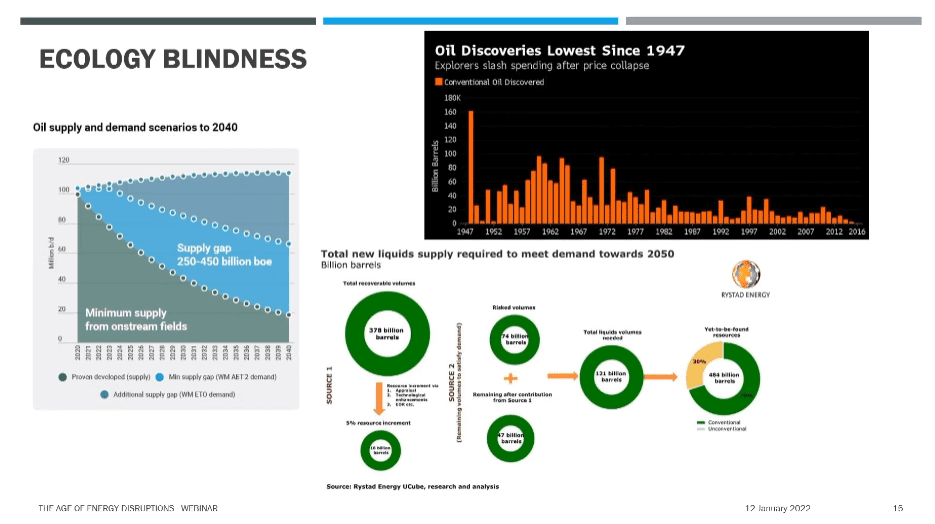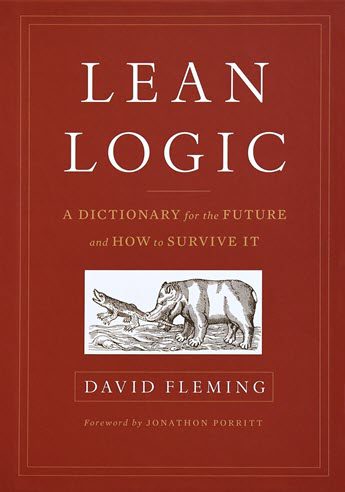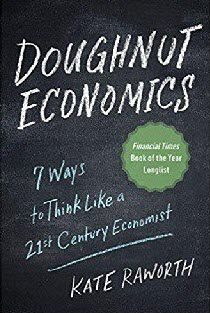by Alana Semuels in Time….One of the largest residential solar installers in the U.S. appears to be on the cusp of failing, the latest sign of the troubled industry’s struggles.
Is there a future in the doomsday economy?
by Alexander Nazaryan in The New York Times….With Fortitude Ranch, the entrepreneur Drew Miller is betting on franchised timeshares for people who are worried about the end of the world.
The status of U.S. oil production: 2024 update everything shines by dimming
by Roger Blanchard in Resilience.org…To maximize profitability of deep water fields, the industry cranks up production rapidly to a high production level, say 100,000 b/d or more, but peak production is reached within a year or two and generally followed by rapid decline.
Shrink the economy, save the world?
by Jennifer Szalai in The New York Times….Economic growth has been ecologically costly — and so a movement in favor of ‘degrowth’ is growing.
New world order?
by Kate Mackenzie and Tim Sahay in Phenomenal World….At The Polycrisis we have been tracking the whipsaw of the global financial system amid private finance mantras, interest-rate hikes at the Fed, and the explosion of debt in the global South.
The European Union’s economic security strategy update
By Emily Benson in CSIS….As partners advance to this new era of technology-driven economic security agendas, governments will need to work concertedly to break the long-standing barriers between trade policy and national security.
More in this category

A new effort aims to catalyze big picture thinking by philanthropy about global stressors
These are some of the top stressors on the planet and the human race—and while each is well-recognized, what’s nowhere near as well understood is the manner in which they’re connected and interdependent.

The case for philanthropy to step up with an intersectional approach
Currently, as India is emerging from the pandemic, we are at a critical inflection point, where philanthropy has an opportunity to become strategic by applying the approach of intersectionality.

The age of energy disruptions
In this Omega Collaborative webinar, Joan Diamond & Nate Hagens speak with François-Xavier Chevallerau about his newly released paper, The Age of Energy Disruptions.

Two questions philanthropy must ask in this urgent moment
This is a moment to dig deeper, and look at what it takes to address the problems that sneak up on you so slowly that you don’t see them until it is too late.

Reimagining philanthropy in the age of the virus: Reflections for the Omega Advisory Board
By Omega advisors Katherine Fulton & Mark Valentine This essay was completed on April 20, 2020, to coincide with the first meeting of the advisory board of Omega: The Resilience Funders Network. While Omega’s efforts had been underway for some time, the context...

Surviving the Future: Culture, Carnival and Capital in the Aftermath of the Market Economy
By David Fleming Surviving the Future is a story drawn from the fertile ground of the late David Fleming’s extraordinary Lean Logic: A Dictionary for the Future and How to Survive It. That hardback consists of four hundred and four interlinked dictionary entries,...

Lean Logic: A Dictionary for the Future and How to Survive It
David Fleming's Lean Logic: A Dictionary for the Future and How to Survive It leads readers through a stimulating exploration of fields as diverse as culture, history, science, art, logic, ethics, myth, economics, and anthropology, comprising four hundred and four...

Doughnut Economics: Seven Ways to Think Like a 21st-Century Economist
It is time, says renegade economist Kate Raworth, to revise our economic thinking for the 21st century. In Doughnut Economics, she sets out seven key ways to fundamentally reframe our understanding of what economics is and does. Humanity’s 21st century challenge is to...


